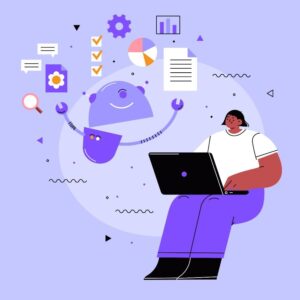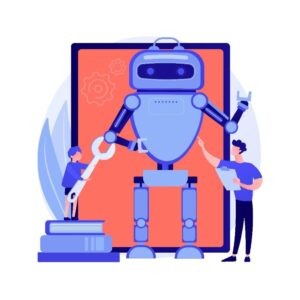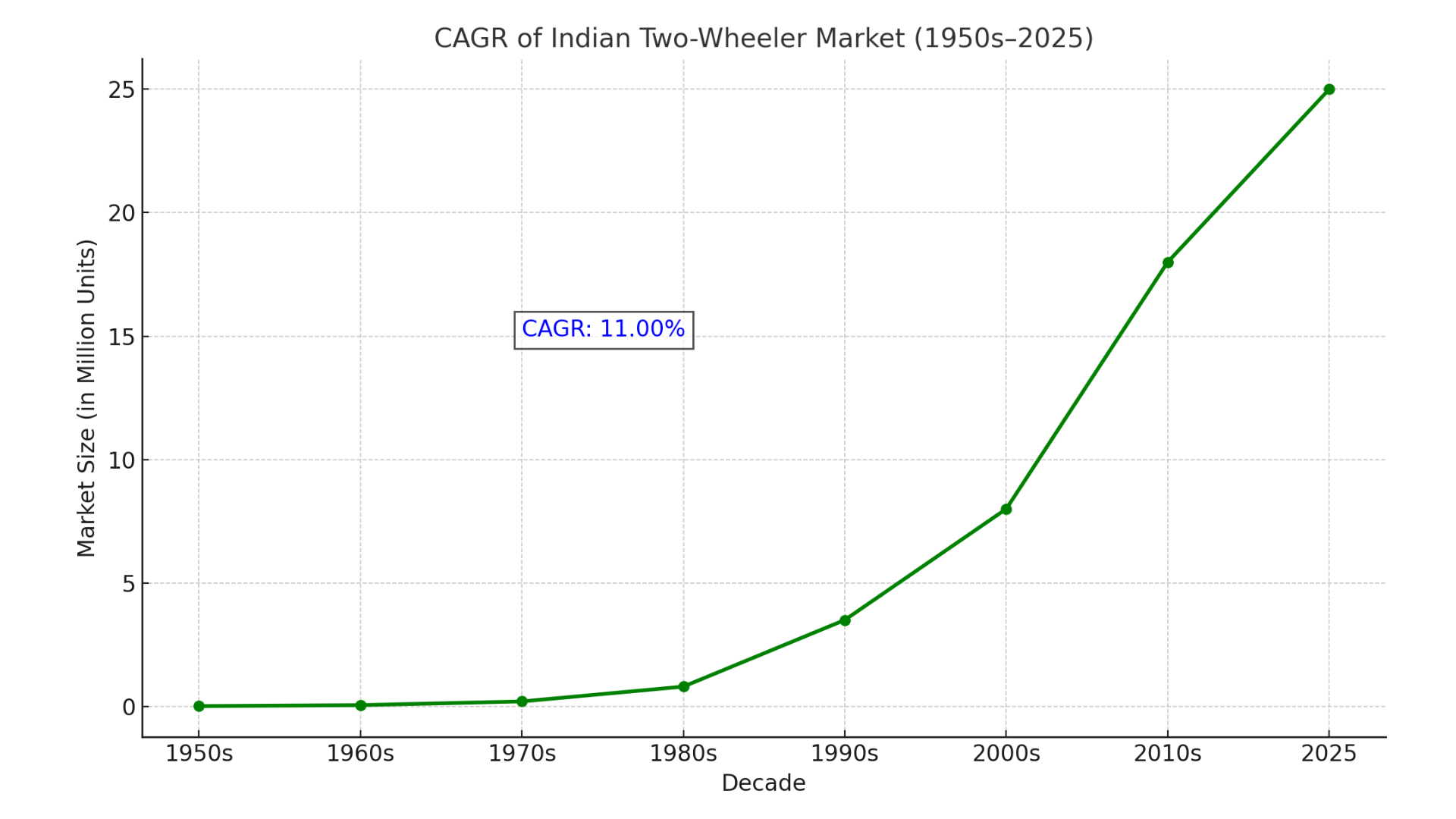
The power of AI in Marketing Research

Figure: Unleashing the Power of AI in Market Research
Introduction:
In today’s data-driven world, market research is the compass guiding businesses towards informed decisions. As we venture deeper into the digital age, the compass itself has evolved, and its name is Artificial Intelligence (AI). According to Gartner and Forbes, AI has triggered a revolution in the realm of market research. By 2024, Gartner predicts 60% of data for AI will be synthetic to simulate reality, and future scenarios and derisk AI, up from 1% in 2021. But what does this mean for market researchers, and how can AI-powered research, like the kind Robas Research excels in, become your strategic partner in navigating this new era?
The Influence of AI Across Industries
Before we dive into the specifics, let’s understand the breadth of AI’s influence. AI is not confined to a single industry; it’s a transformative force across various sectors. From education, gaming, and automotive to farming and even customer support, AI is making its presence felt. Here are the top five industries where AI is leading the charge:
- Education: AI-driven personalized learning platforms and content creation tools are revolutionizing education, providing tailored learning experiences.
- Gaming: AI algorithms are elevating gaming experiences, offering dynamic storytelling, interactive characters, and personalized gameplay.
- Automotive: Self-driving cars and AI-powered safety systems are transforming the automotive industry, making transportation safer and more efficient.
- Farming/Agricultural: AI-powered drones and sensors are optimizing crop management, reducing waste, and increasing agricultural productivity.
- Customer Support: Chatbots and virtual assistants are delivering round-the-clock, instant customer support, enhancing overall satisfaction.
Will AI Take Market Researchers’ Jobs?
Now, the million-dollar question: Will AI render human market researchers obsolete? The answer is nuanced. AI can certainly automate routine tasks such as data collection, survey programming, and even qualitative and quantitative interviews. However, some aspects of market research demand the human touch. Here’s a breakdown:

Figure: Unleashing the Power of AI in Market Research
- AI-Powered Efficiency: AI can process and analyze data at lightning speed, significantly boosting efficiency and accelerating results delivery.
- Predictive Insights: AI-driven predictive models can forecast market trends and consumer behavior with remarkable accuracy.
- Customization: AI empowers highly customized research approaches, tailoring surveys, and methodologies to meet precise client needs.
- Data Quality Assurance: AI can help ensure data accuracy and quality by detecting errors and inconsistencies.
- Cost Optimization: By automating repetitive tasks, AI can reduce research costs while maintaining high-quality standards.
Real-Life Examples of AI in Market Research
To illustrate AI’s real-world impact on market research, let’s explore ten compelling use cases:
- Sentiment Analysis: AI-powered sentiment analysis tools gauge public sentiment toward products and brands by analyzing social media data.
- Voice Assistants: Voice-activated AI devices collect data on user preferences and behaviors, providing valuable insights for market research.
- Recommendation Engines: AI-driven recommendation systems suggest products or services based on user behavior and preferences, driving sales.
- Chatbots: Chatbots conduct surveys and gather feedback in real time, enhancing customer engagement and satisfaction.
- Behavioral Analysis: AI analyzes consumer behavior on e-commerce platforms to identify purchasing patterns and trends.
- Ad Campaign Optimization: AI optimizes advertising campaigns by targeting the right audience segments for maximum impact.
- Consumer Insights: AI-driven analytics tools uncover valuable consumer trends and preferences from vast datasets.
- Virtual Focus Groups: AI facilitates virtual focus groups, simplifying the process of gathering diverse opinions.
- Competitor Analysis: AI tools monitor competitors’ online activities and customer responses, providing a competitive edge.
- Data Visualization: AI-powered data visualization tools create interactive, informative reports for clients, enhancing data interpretation.
Are Researchers Prepared for AI?
As AI becomes increasingly integrated into market research, it’s crucial to assess the readiness of professionals in the field. Some technologies will have a profound impact, while others may not be as transformative. Here’s a closer look:
Technologies with the Most Impact:
- Machine Learning: Advanced machine learning models excel at analyzing complex data patterns.

Figure: Machine Learning | Robas Research
- Natural Language Processing (NLP): NLP aids in analyzing and comprehending unstructured text data, opening new research avenues.
Technologies with Less Impact:
- Basic Automation: Basic automation tools may not significantly alter core research processes.
- Simple Data Analytics Tools: For researchers, these tools may have limited impact compared to advanced analytics solutions.
Industries Most Affected by AI
AI’s impact varies across industries. In sectors like education, BFSI (Banking, Financial Services, and Insurance), healthcare, retail, high tech, and media, AI promises substantial transformation. On the other hand, traditional manufacturing and some service sectors may experience slower AI adoption.

Figure: Industries most affected by AI
The Shift to AI in Conducting Surveys: Spoken Surveys vs. Typed Surveys
The shift to AI also impacts the way surveys are conducted. Spoken surveys, facilitated by AI-powered voice assistants, offer a more natural and engaging experience, while typed surveys come with their set of advantages. Researchers must adapt to these evolving survey formats to align with changing consumer preferences.
How Market Research Professionals Will Change with AI?
As AI assumes responsibility for routine tasks, market researchers can focus on high-value activities, including:
- Interpreting Complex Insights: Extracting meaningful insights from data requires human expertise.
- Designing Research Strategies: Creativity and innovation in research design will remain a human domain.
- Ethical Considerations: Ensuring AI-driven research adheres to ethical standards and guidelines.
- Client Collaboration: Building strong client relationships and understanding their evolving needs.
Ethical Considerations of AI Research and Future Directions
While AI brings remarkable benefits, it also raises ethical concerns. Researchers must ensure data privacy, obtain informed consent from participants, and avoid bias in data collection and analysis. Also, check the data accuracy. Transparent AI algorithms and results are essential for upholding ethical standards.
Conclusion: Navigating the AI-Powered Future with Robas Research
In conclusion, AI is not a threat; it’s a potent tool that can elevate the field of market research. It enhances efficiency, accuracy, and customization while allowing researchers to focus on high-value tasks. The partnership between AI and market researchers is the future of the industry.
Implementing AI-Powered Market Research at Robas Research
Robas Research, as a leader in 360-degree market research services and one of the top companies in market research globally (also ISO 27001 certified, member of ESOMAR Congress, MRSI and a proud partner at Succeet, Germany), leverages AI at the core of its research methodologies. we understand that the future of market research lies in harnessing the capabilities of Artificial Intelligence
We have seamlessly integrated AI into our primary research methodologies, both qualitative and quantitative, to enhance data collection, analysis, and interpretation. Our AI-driven tools enable us to conduct in-depth interviews, surveys, and focus groups with greater precision and efficiency, ensuring that the insights we provide are not only accurate but also actionable.
Moreover, in the area of secondary research, AI plays a pivotal role in data mining, trend analysis, and competitor intelligence. By leveraging AI algorithms, we shift through vast datasets to uncover hidden patterns, emerging trends, and competitor strategies, giving our clients a competitive edge in their respective industries. Our commitment to ethical AI research practices ensures that data privacy and transparency are always upheld, aligning with industry standards and best practices. At Robas Research, we stand at the forefront of AI-powered market research, redefining how businesses gain insights and make informed decisions in an ever-evolving landscape.
Join hands with Robas Research to stay ahead in the AI-powered era of market research. Together, we can unlock new perspectives and drive innovation in the world of market research. Your journey into the future begins here.


